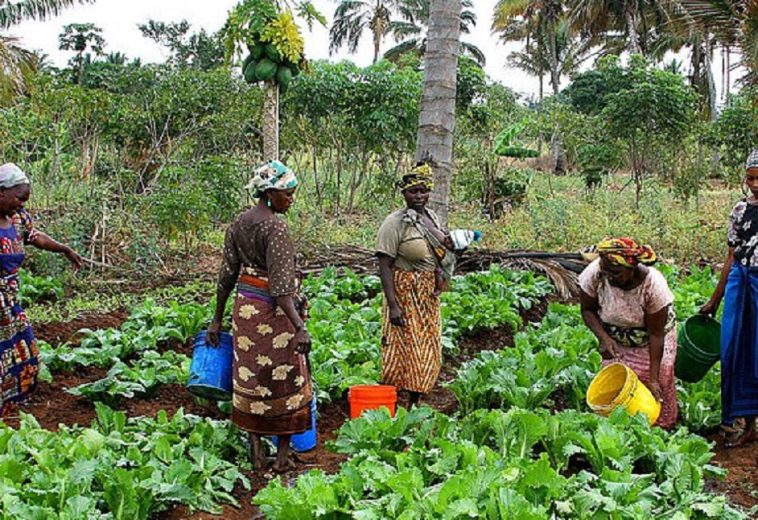The ongoing digital revolution has significantly transformed the way businesses operate and goods are transported. In today’s interconnected world, regional supply chains and manufacturing hubs are becoming crucial components of the global economy. These hubs are reshaping the production, distribution, and consumption of goods, driving innovation, resilience, and sustainability across regions.
Regional supply chains refer to networks of interconnected businesses that collaborate to produce and distribute goods efficiently within a specific geographic area. In recent years, Africa’s supply chains have improved to meet growing demand on the continent. According to the United Nations Conference on Trade and Development (UNCTAD), Africa’s supply chain sector generates annual revenue exceeding $41 billion, largely due to the export of mineral resources both within and beyond the continent.
Despite this progress, Africa’s supply chain operations still have considerable ground to cover to match those of regions such as Europe and Asia. The COVID-19 pandemic exposed vulnerabilities in globalised supply chains, where disruptions in one part of the world can trigger widespread delays and shortages. This highlighted the importance of regional supply chains as a more resilient alternative.
Benefits of Regional Supply Chains
Regional supply chains offer several advantages that positively impact trade and logistics within Africa. By sourcing materials and labour locally, these chains reduce dependency on global suppliers, minimising the risks of disruptions. Additionally, shorter distances between suppliers, manufacturers, and consumers result in lower transportation costs and reduced carbon emissions.
Localised production also enables companies to respond more swiftly to changing market demands, adapting products and services with greater flexibility. This, in turn, fosters economic development by creating jobs, supporting local businesses, and reinvesting profits within communities, thereby building resilience at a local level.
The Role of Manufacturing Hubs
The growth of manufacturing hubs in Africa has been key to the expansion of regional supply chains. These hubs are concentrated industrial areas, often specialising in sectors such as automotive, technology, or textiles, which facilitate the efficient movement of goods and resources. By clustering industries, these hubs enhance production processes and strengthen supply chains.
For regional supply chains to thrive, however, robust infrastructure is essential. Efficient transportation networks, reliable utilities, and advanced communication systems are required to ensure the smooth flow of goods. Collaboration between research institutions, technology companies, and start-ups also promotes innovation, helping to accelerate the availability of necessary resources for industries and consumers alike.
Challenges Facing Regional Supply Chains
Despite their benefits, regional supply chains face several challenges. One significant hurdle is competition from established global supply chains, which can often produce goods at lower costs due to economies of scale. Navigating complex local, state, and national regulations is another challenge, as businesses must ensure compliance while striving for efficiency.
Additionally, investing in new technologies can be expensive, particularly for smaller businesses that may struggle to keep pace with advancements in manufacturing. This makes it essential for governments and stakeholders to provide support in adopting cutting-edge technologies.
Embracing Sustainability and Innovation
Encouraging environmentally sustainable practices within regional supply chains could lead to innovations in materials and processes that enhance their appeal. The integration of digital technologies, such as the Internet of Things (IoT) and artificial intelligence (AI), is already revolutionising manufacturing operations, enabling greater efficiency and responsiveness.
Regional supply chains and manufacturing hubs represent a significant shift in the global economy. By fostering resilience, sustainability, and innovation, they not only enhance competitiveness but also contribute to the well-being of local communities. As the global economic landscape continues to evolve, embracing these models will be vital for businesses seeking to succeed in the future. The road ahead may be complex, but the rewards for those who adapt will be substantial.




